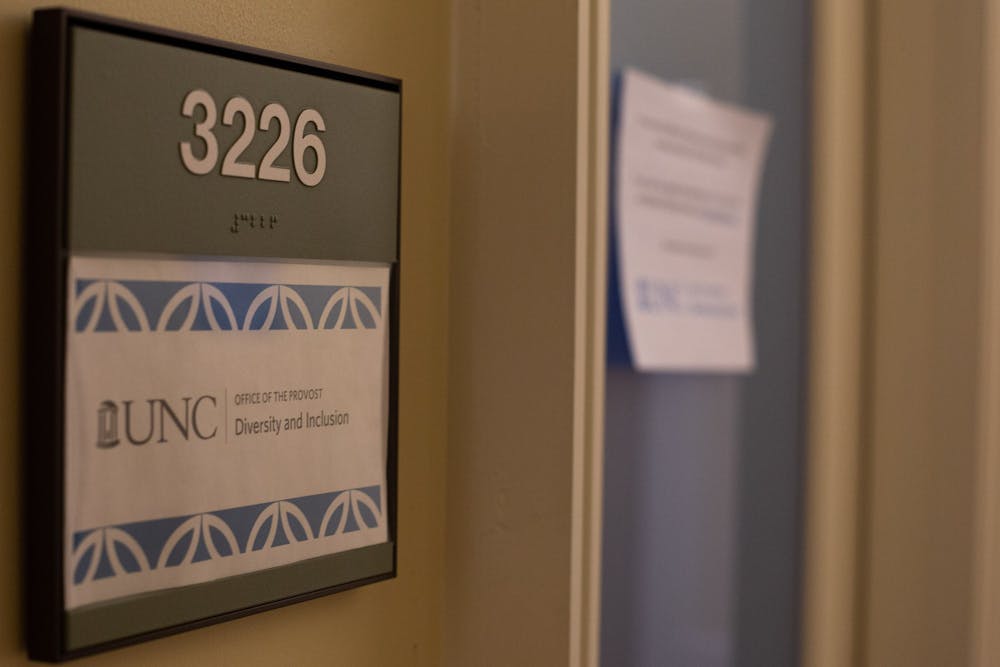The Valuing Inclusion To Attain Excellence hiring program, which seeks to attract new faculty members from underrepresented groups to UNC, has been paused until further notice, Provost Bob Blouin announced on Jan. 25.
Blouin said the program, formerly known as the Target of Opportunity program, is on hold due to fiscal challenges that UNC is facing as a result of the COVID-19 pandemic. The program will eventually be reinstated, he said.
“We are absolutely committed to continuing the VITAE program,” Blouin said. “It's just a matter of getting through these next few months, so that we get a clear understanding of how the University will deal with all of the budgetary issues that are in front of it.”
Most hiring has been paused across University departments due to financial issues, Blouin said, but there are some exceptions. Blouin said in instances where hiring cannot be delayed, the chancellor must personally review hiring proposals.
But some faculty are worried about what the pause on the VITAE program will mean for UNC's diversity and inclusion efforts.
“These aren’t ordinary budgetary considerations; these are infrastructural gaps that are going to produce a downturn in our ability to be innovative because we lack diversity,” Sharon Holland, chairperson of the department of American studies, said.
According to data from 2019, 73.2 percent of tenured and tenure-track faculty were white, while 58.8 percent of undergraduate students were white. But only 5.5 percent of tenured and tenure-track faculty were Black or African American, compared to 8.1 percent of undergraduate students.
Sibby Anderson-Thompkins, special adviser to the provost and chancellor for equity and inclusion and interim chief diversity officer, said despite the pause on the VITAE program, the Carolina Postdoctoral Program for Faculty Diversity will continue.




